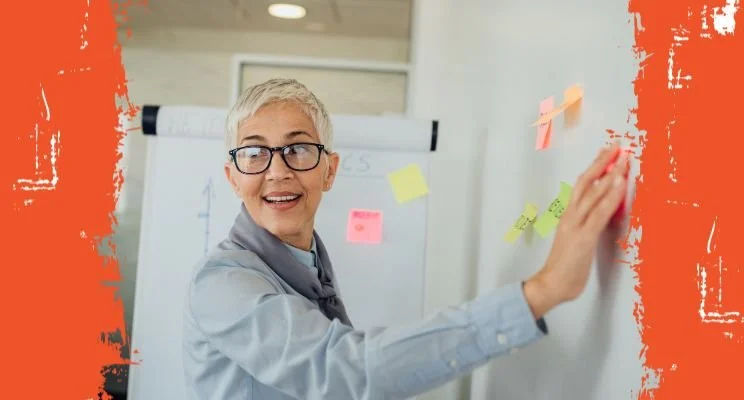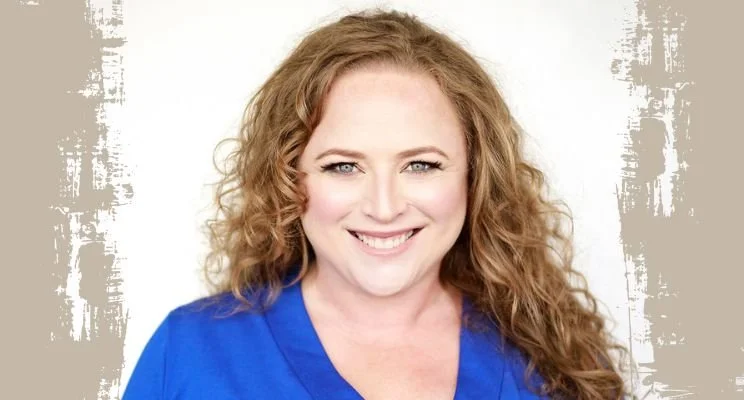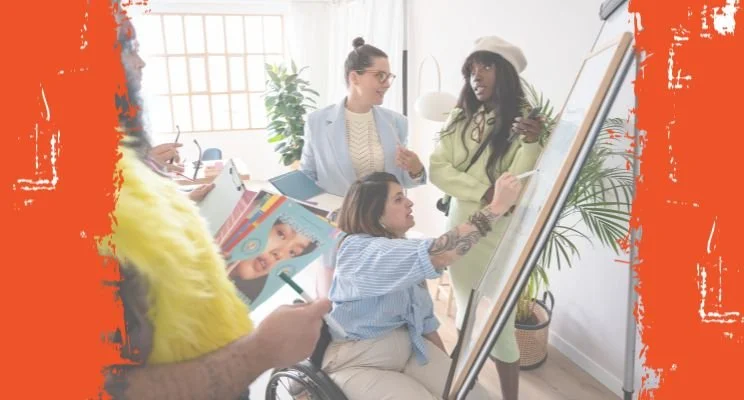ADHD Rejection Sensitivity: How to Handle It When Prospects Ghost You
Ghosting can feel crushing for ADHD entrepreneurs, triggering rejection sensitivity and endless mental “open loops.” But most of the time, it’s not personal—it’s about the prospect’s circumstances, not your skills. The key is reframing ghosting as data, setting clear expectations, and closing loops for yourself with professional follow-ups and boundaries. By strengthening your pipeline, limiting rumination, and leaning on systems, you protect your energy while staying focused on what you can control. Ghosting doesn’t diminish your value; it’s just part of the process of finding the right clients.
AI, Automation & Apprentices: Business Growth Without the Hustle
Entrepreneurs often dream of cloning themselves to keep up with growth, but real scaling comes from pairing opposites and leveraging automation. ADHD founder Will Christiansen learned that exact “clones” only multiplied chaos, while hiring complementary talent brought balance and sustainability. His approach combines finding integrators—apprentices who thrive under visionaries—with automation that removes repetitive work, freeing up space for creativity and strategy. By letting go of what doesn’t serve and embracing systems, entrepreneurs can scale without losing their spark.
ADHD and Dopamine: Why Every New Business Idea Feels Like “The One"
For ADHD entrepreneurs, every new business idea can feel like “the one,” igniting a rush of passion and possibility. Fueled by dopamine, this cycle of attraction, infatuation, honeymoon, and reality often leads to shiny object syndrome—abandoning projects once the excitement fades. But this isn’t a flaw; it’s how ADHD brains are wired. The key is learning when to channel that creative burst into meaningful progress and when to commit for the long haul. By “dating” your ideas, testing them as side projects, and integrating them into your existing work, you can capture the thrill of novelty while building sustainable, long-term success.
Minimalist ADHD Business Plan: 4 Steps to Sustainable Success
For many entrepreneurs with ADHD, the word “business plan” brings up memories of 40-page documents, rigid structures, and endless details that feel more like homework than help. But building a business plan doesn’t have to be exhausting or overwhelming. In this episode of ADHD-ish, Diann Wingert introduces the Minimalist ADHD Business Plan, a flexible four-step framework designed to align with the way ADHD brains naturally work. Instead of long-term forecasting and jargon, this approach emphasizes clarity, focus, and sustainability, helping you move forward without burning out.
The plan rests on four simple pillars: your North Star (your guiding “why”), a Revenue Reality Check (understanding the numbers that actually matter), your Zone of Genius (focusing on strengths while minimizing energy drains), and your Next Three Moves (actionable steps that keep momentum going without overwhelming you). By making your plan visual, flexible, and imperfect, you create a living tool that supports your creativity while giving you enough structure to stay on track.
Diann also emphasizes the importance of working with your brain instead of against it: short planning sprints, visual dashboards, and regular reviews make the process doable and even energizing. This is planning reimagined—not about controlling your every move, but about creating a compass to guide your decisions. For ADHD entrepreneurs, this means less burnout, more intentional growth, and the confidence that comes from knowing you’re moving toward your goals with clarity.
Duct Tape & Dopamine: ADHD Entrepreneurs & Business Chaos, The Real Story
Running a business with ADHD can feel like a rollercoaster—thrilling highs, sudden pivots, and moments of burnout that leave you scrambling to catch up. In this ADHD-ish Podcast episode, Diann Wingert and guest Diane Mayor dive deep into how neurodivergent traits show up in business models, from dopamine-driven decision-making to executive dysfunction and open loops. Together, they unpack why traditional business advice often fails ADHD entrepreneurs and share practical tools like idea parking lots, structured flexibility, and “sandbox time” to balance creativity with consistency. More than a conversation about impulsivity, this episode offers a roadmap to build ADHD-friendly systems that fuel growth while honoring your unique brain. If you’ve ever felt like your business was built with duct tape and dopamine, this is your reminder that resilience, adaptability, and grit are your superpowers.
ADHD: When Passion Backfires in Your Business
Entrepreneurs with ADHD often walk a fine line between passion that propels their business forward and emotional dysregulation that can derail it. In this insightful piece, Diann Wingert explores how understanding the difference—and building the right emotional scaffolding—can turn intensity into a competitive advantage. From recognizing early warning signs to creating structures that protect your decision-making, she offers actionable strategies for thriving in business without sacrificing mental well-being. By embracing neurodiversity and mastering emotional regulation, you can transform your most intense feelings into sustainable success drivers.
Why Your Solo Entrepreneur Business Doesn’t Need to Scale to Succeed
Many neurodivergent entrepreneurs feel pressured to scale, hire teams, or chase seven-figure dreams—but that’s not the only path to success. In this conversation with Maggie Patterson, host of the ADHD-ish Podcast explores why staying solo can be the ultimate form of freedom and self-care. Maggie shares how designing a business around your actual life, capacity, and values can protect your energy, reduce stress, and create a more sustainable future. By challenging the hustle culture and rejecting one-size-fits-all business models, she empowers entrepreneurs to embrace simplicity, autonomy, and meaningful work over endless growth.
ADHD Traits For Business: Strategic Listening & Systems Thinking
Entrepreneurship with ADHD often means navigating challenges while uncovering unique strengths that can transform the way we do business. In this episode, Iris Goldfeder shares how she leverages her ADHD traits as entrepreneurial superpowers. From hyperfocus and systems thinking to strategic listening and authenticity, Iris demonstrates how neurodivergent strengths can fuel creativity, innovation, and stronger client relationships.
One of her most powerful insights lies in the concept of client fit—choosing to work only with clients who align with her values and business vision. By embracing authenticity, even if it means walking away from misaligned opportunities, she’s built a practice rooted in integrity and sustainability. Iris’s approach reminds us that success isn’t just about hard skills or scaling faster—it’s about cultivating courage, empathy, and emotional intelligence to create partnerships that thrive. For neurodivergent entrepreneurs, these qualities aren’t just helpful; they’re essential tools for building meaningful, lasting businesses.








